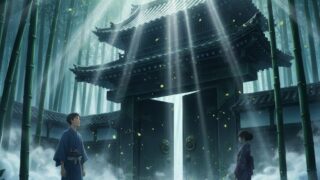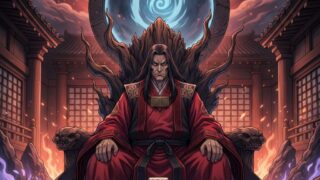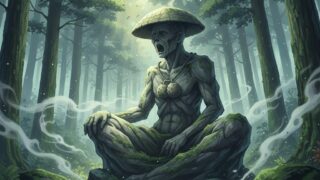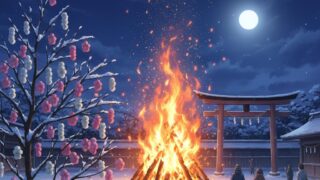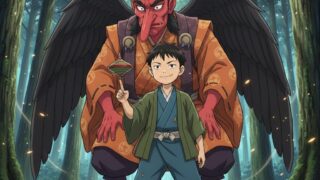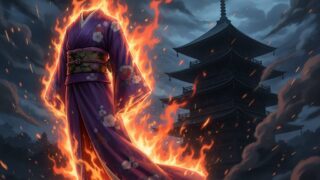 “What’s Today’s Special Day?” Series
“What’s Today’s Special Day?” Series January 18: The Furisode Fire (Great Fire of Meireki) — A Tragedy of Kimono and the Rebirth of Edo
Discover the haunting legend of the Furisode Fire (Great Fire of Meireki) on Jan 18, 1657. A cursed kimono that destroyed Edo and reshaped modern Tokyo's history.

